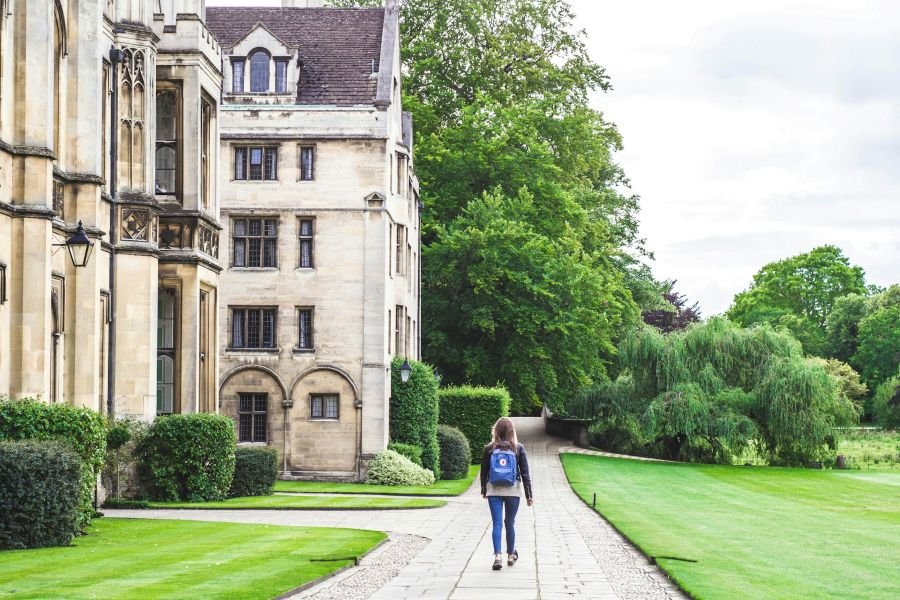The Benefits of Music in Education
/In the UK, schools follow a national curriculum so that all students are provided with a similar level of education. Music is one of the subjects explored within schools, particularly for younger kids, as it provides many benefits. I have teamed up with a junior school in London to explore these benefits in detail below.
Credit: Unsplash.
Confidence
When children develop a skill, such as playing an instrument, they experience a well-deserved self-esteem boost, particularly when they perform in front of others and receive praise and applause. As their confidence grows, so will their determination in other areas of their education because they will have faith in their abilities. They might also feel more comfortable raising their hand in class and engaging with lesson material on a deeper level.
Patience
Mastering a skill takes determination. Your child will have to practise their instrument or rehearse lyrics, which requires patience and persistence. Patience is an important trait because it allows us to remain calm in the face of adversity.
Credit: Unsplash.
Brain Development
Research has found that early exposure to a musical education can speed up brain development, most notably in the areas responsible for speech perception, language development and processing sound. What’s more, links have been found between music and spatial intelligence, which can help with things like planning and problem-solving.
Socialisation
If your child joins a band or a choir, they will be given an opportunity to make friends and feel like part of a team. Teamwork is an essential skill, even for adults, and provides young people with the opportunity to build life-long friendships.
Exposing your child to a range of music, musicians and genres will expand their knowledge and create a desire to learn. Being inspired by great performers can build friendships and foster connections.
There are lots of fun ways to let your child experience music even away from the home. From going to concerts together, or even taking a Beatles London Walking Tour, both are exciting options to find out about different types of music and the musicians who became famous.
Back in school, during key stage 1 and 2, children will learn a variety of skills from their music lessons. They will be able to evaluate music from a range of historical periods, recognise the works of fantastic composers, learn to sing and use their voices and develop an understanding of things like pitch, tempo and texture. So broadening their knowledge of different types of music will only be a benefit and create curiosity for this subject.
Disclosure: This is a collaborative post.
















(1).jpg?w=300&h=250)





.jpg)








